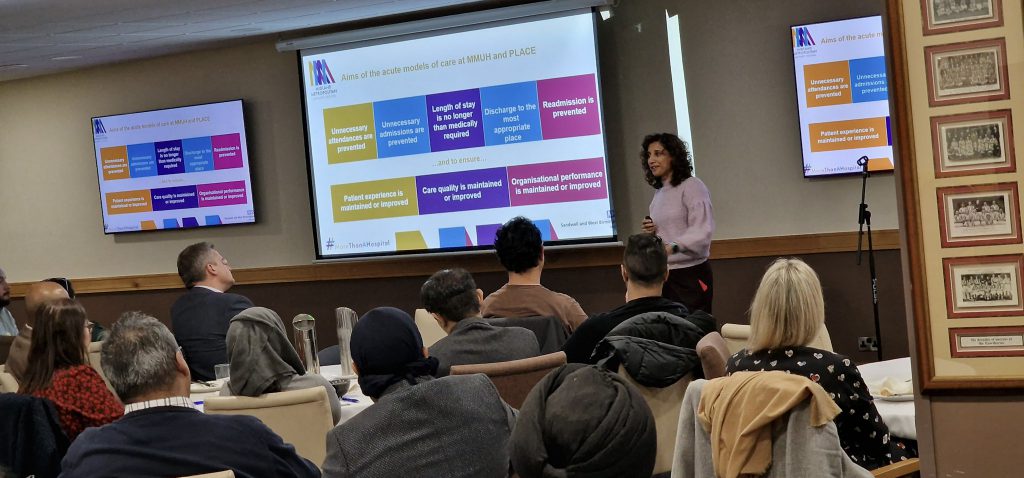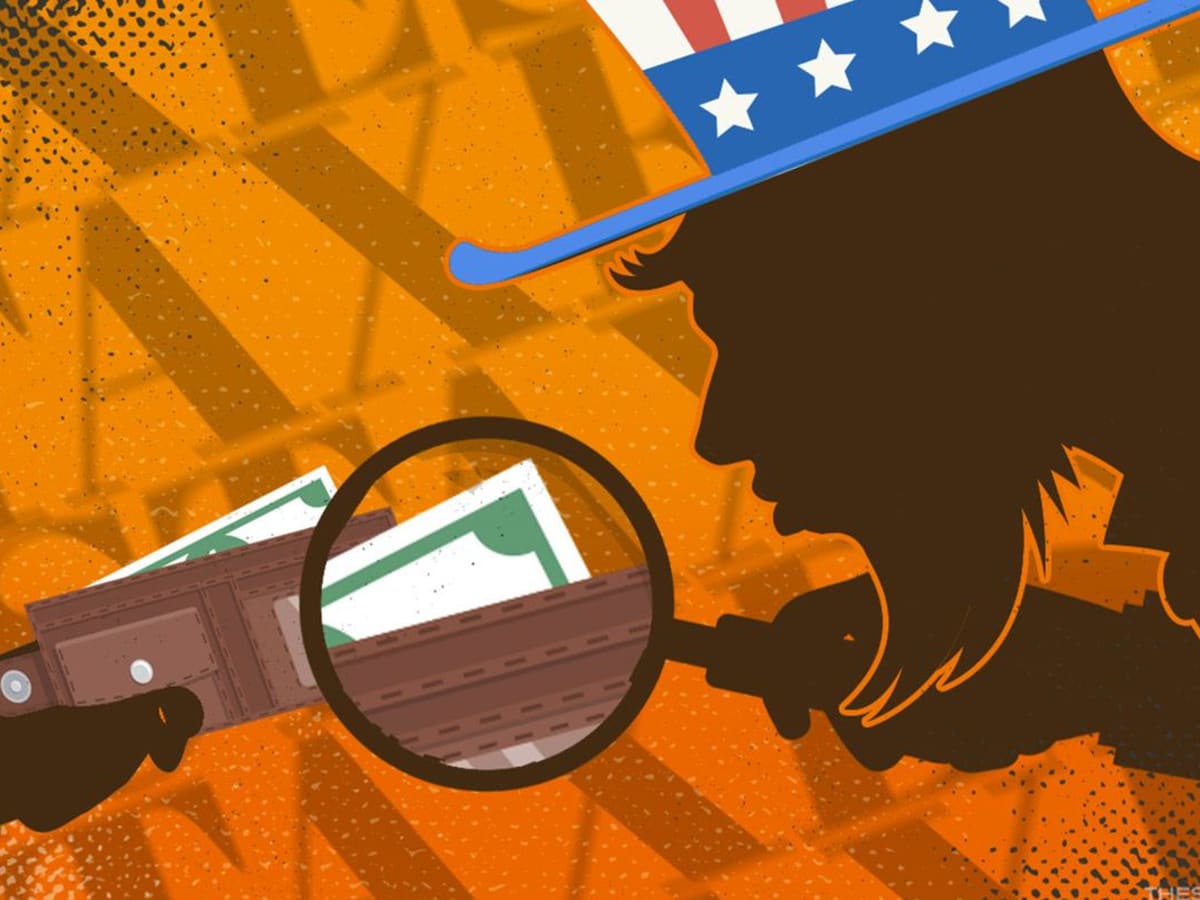
Stealth Tax: The Quiet Burden on Your Wallet
In the labyrinth of economic policies and fiscal strategies, there exists a phenomenon known as the stealth tax – a silent, often unnoticed burden on taxpayers. Unlike its more overt counterparts, stealth taxes operate discreetly, concealing their impact within the folds of complex regulations and obscure mechanisms. While they may not grab headlines or spark protests, stealth taxes quietly nibble away at your income http://Tnchronicle.com, leaving you with less in your pocket than you might realize.
Table of Contents
ToggleWhat Exactly is a Stealth Tax?
Imagine a tax that doesn’t announce its presence with fanfare or flamboyance, but rather sneaks into your financial transactions, almost unnoticed. That’s the essence of a stealth tax. These levies are designed to generate revenue for the government without explicitly appearing as traditional taxes. Instead of direct taxation on income or consumption, stealth taxes manifest through various indirect means, often camouflaged within the economic infrastructure.
Examples of Stealth Taxes
- Inflation: One of the subtlest forms of stealth tax, inflation quietly erodes the value of your money over time. As prices rise, your purchasing power diminishes, effectively reducing your wealth without any overt tax being imposed.
- Fees and Charges: Governments often resort to imposing or increasing fees and charges for various services, from vehicle registrations to licensing fees. While these may seem trivial individually, they collectively constitute a significant burden on taxpayers.
- Bracket Creep: This occurs when inflation pushes individuals into higher tax brackets, resulting in higher income tax liabilities even though their real income hasn’t increased. It’s a stealthy way for the government to increase its revenue without raising tax rates.
- Sin Taxes: Taxes on products like cigarettes, alcohol, and sugary drinks are often portrayed as measures to promote public health rather than revenue-raising tools. However, they effectively function as stealth taxes, especially when the revenue generated exceeds the costs of related healthcare or social programs.
- Tariffs and Duties: While tariffs and duties are typically associated with international trade, they can indirectly impact consumers by increasing the prices of imported goods. This hidden tax is often passed on to consumers in the form of higher prices for everyday items.
The Impact on Everyday Life
The insidious nature of stealth taxes means that their impact can go unnoticed by the average taxpayer. A small increase in fees here, a slight uptick in prices there – individually, these changes may seem insignificant. However, cumulatively, they can have a substantial effect on household budgets, particularly for those on fixed incomes or with limited financial flexibility.
Moreover, stealth taxes often disproportionately affect lower-income individuals and families who may already be struggling to make ends meet. For them, even minor increases in the cost of living can have profound consequences, forcing difficult choices between essentials like food, housing, and healthcare.
Shining a Light on Stealth Taxes
Despite their covert nature, stealth taxes are not immune to scrutiny. Advocacy groups, economists, and concerned citizens often highlight the impact of these hidden levies, calling for greater transparency and accountability in fiscal policy.
By bringing attention to stealth taxes and their implications, individuals can advocate for reforms that promote fairness, efficiency, and economic growth. This might involve simplifying the tax code, enhancing public awareness of hidden levies, or implementing measures to mitigate the regressive effects of stealth taxation on vulnerable populations.
Conclusion
While stealth taxes may lurk in the shadows of fiscal policy, their effects are real and tangible for taxpayers. From the slow erosion of purchasing power to the subtle shifts in pricing and taxation, these hidden levies quietly shape the economic landscape. By shedding light on the phenomenon of stealth taxation and advocating for greater transparency and fairness in fiscal policy, individuals can strive to ensure that their hard-earned dollars are not silently siphoned away by unseen forces.
More Stories
Business Development: Unlocking Growth Opportunities
Introduction Business development (BD) is like the engine driving a company forward. It's the process of identifying opportunities for growth,...
Stealth Taxes: The Hidden Costs Impacting Your Wallet
In recent years, the term "stealth taxes" has gained prominence in discussions about public finance and economic policy. Unlike traditional...
Bitcoin Making History: A Revolutionary Journey in the Financial World
Bitcoin Making History, the digital gold of the modern era, has been making waves across financial markets and capturing the...
What is Lab Diamond?
In the world of precious gems, lab diamonds have emerged as a revolutionary alternative to traditional mined diamonds. As consumer...
Unlocking Success: Crafting an Effective Business Plan for Growth
In the dynamic landscape of today's business world, a well-crafted business plan is the linchpin for success. Whether you're a...
Business Plan: The Blueprint for Success
Introduction In the dynamic world of entrepreneurship, crafting a well-thought-out business plan is akin to having a roadmap that guides...








